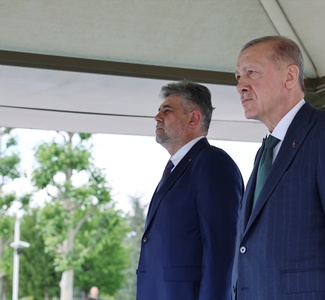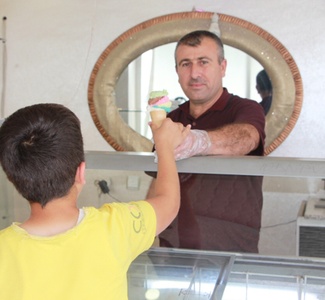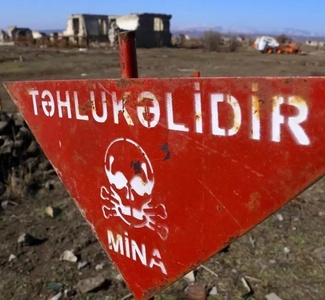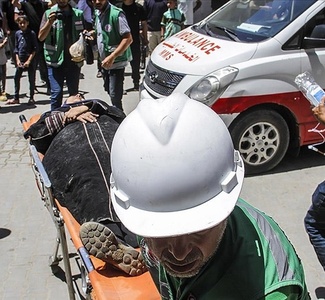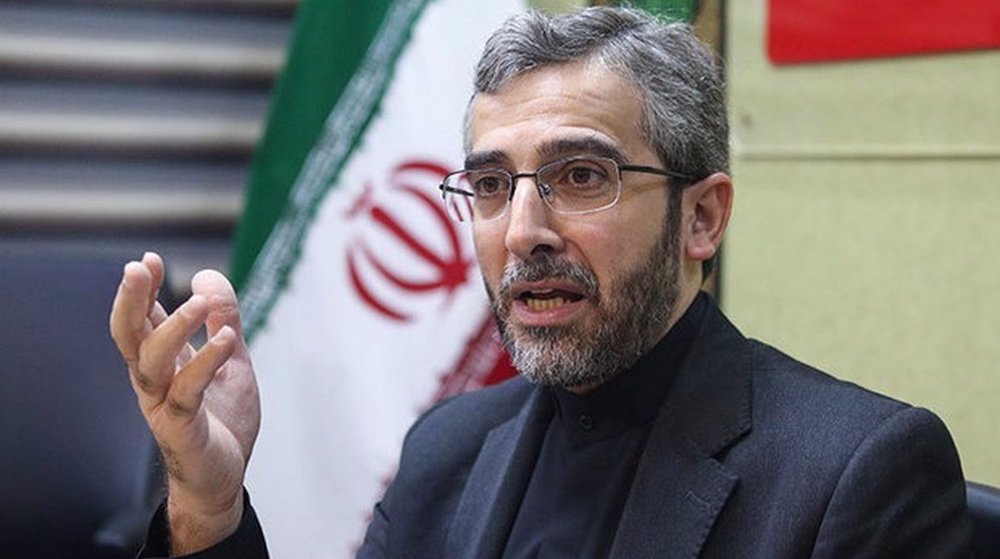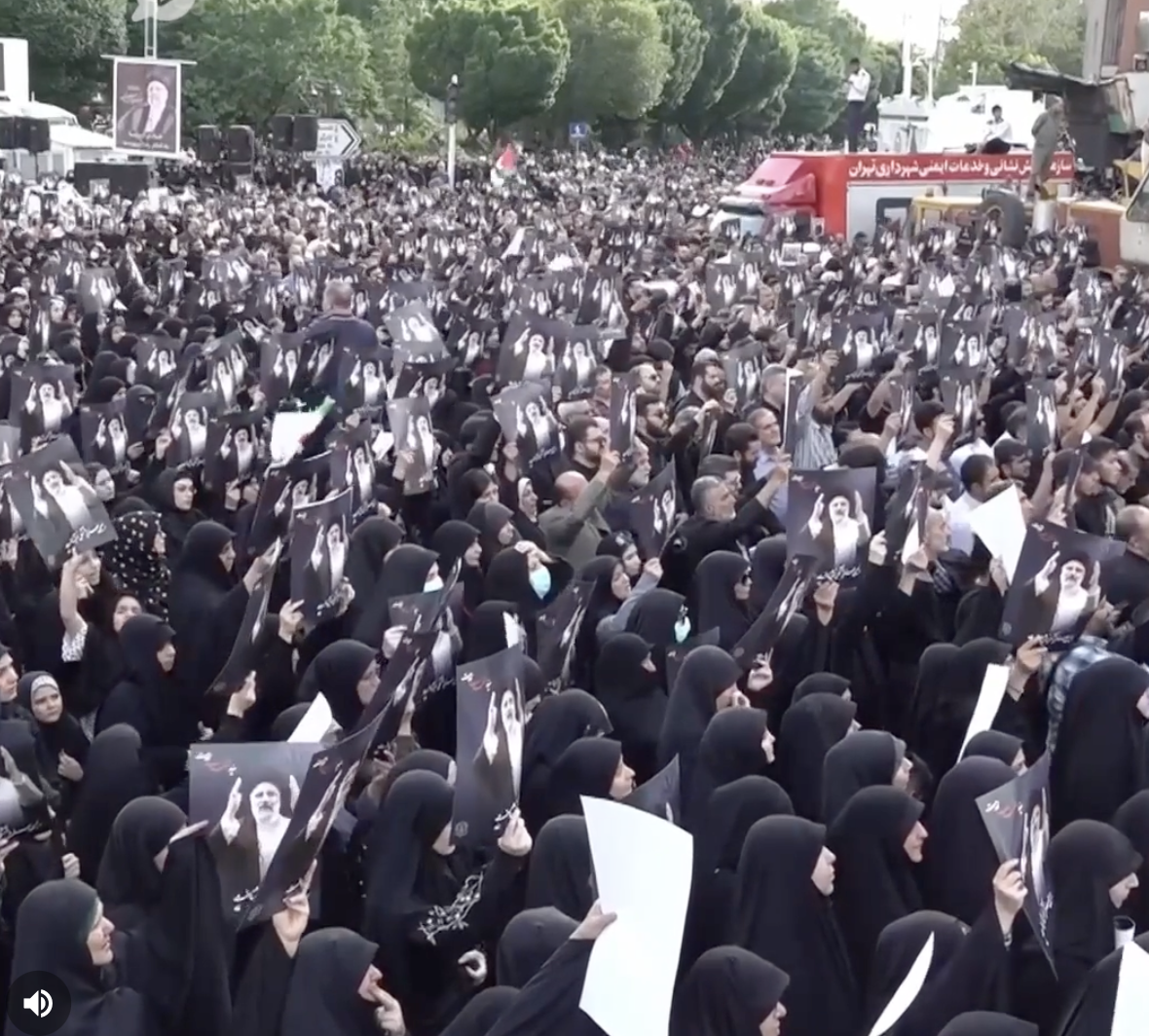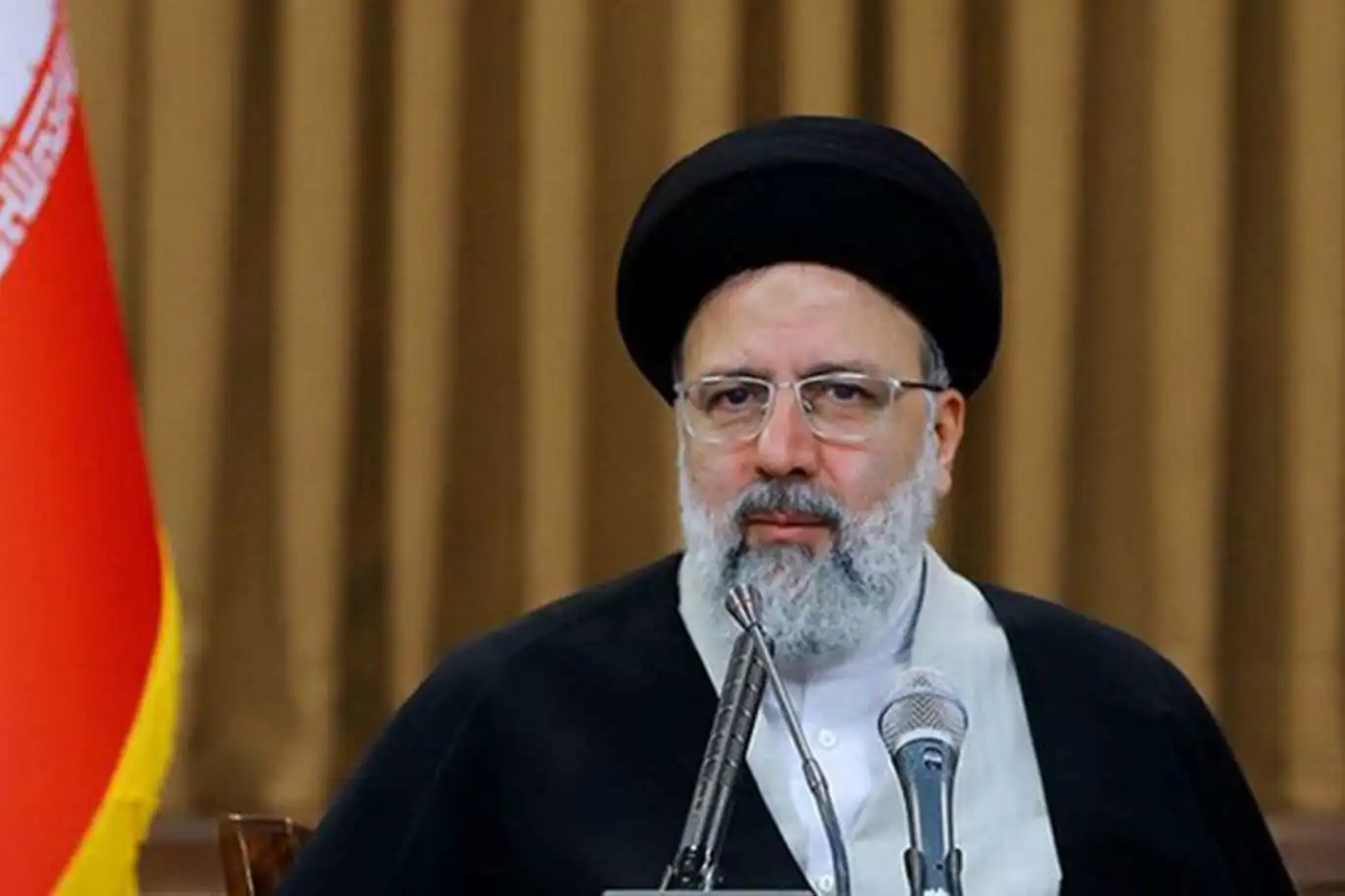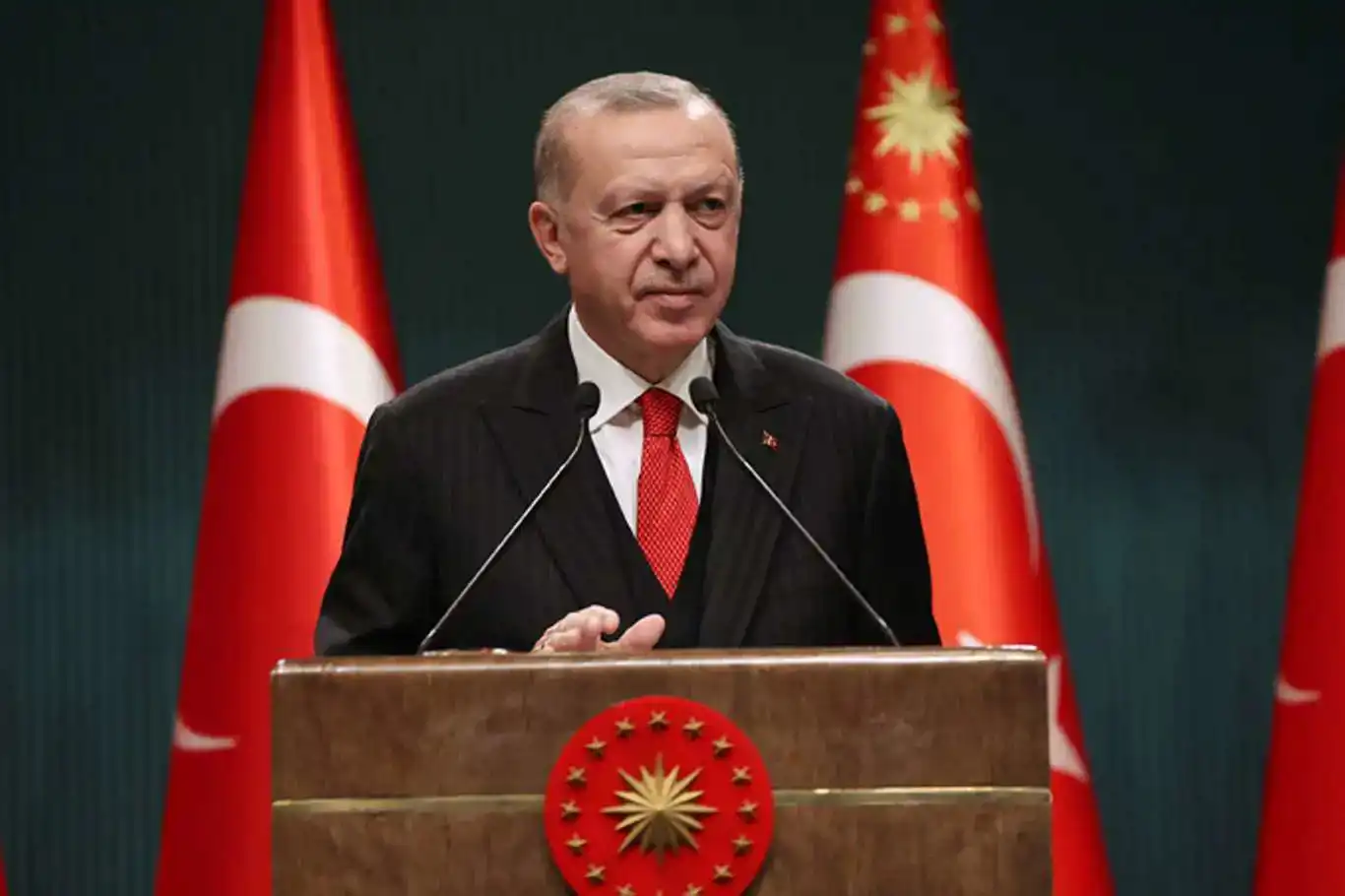About 1 billion people served by healthcare facilities without reliable electricity
Although electricity is critical to healthcare provision, nearly a billion people in poorer countries - one-eighth of the global population - are served by health facilities that lack reliable supply, a UN-backed report launched on Saturday has revealed.
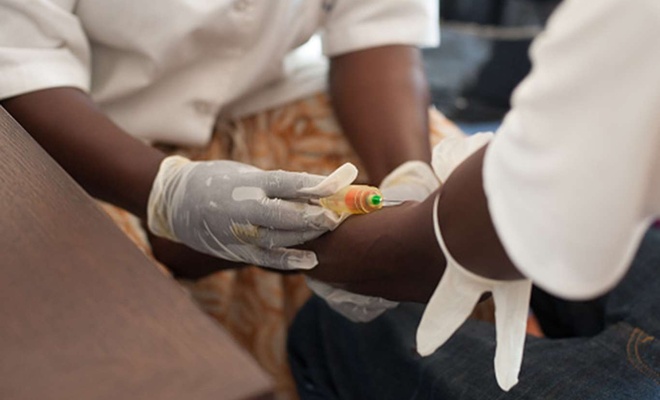
 Google News'te Doğruhaber'e abone olun.
Google News'te Doğruhaber'e abone olun. The study presents the latest data on the electrification of healthcare facilities in low- and middle-income countries, and projects investments required to achieve adequate and reliable power.
A matter of life and death
“Electricity access in healthcare facilities can make the difference between life and death,” said Dr Maria Neira, WHO interim Assistant Director-General for Healthier Populations.
“Investing in reliable, clean and sustainable energy for health-care facilities is not only crucial to pandemic preparedness, it’s also much needed to achieve universal health coverage, as well as increasing climate resilience and adaptation.”
Access to electricity is critical for providing people with quality healthcare, from delivering babies to managing emergencies like heart attacks, or ensuring children receive lifesaving vaccines.
Electricity is required to power the most basic devices - lighting, communications equipment, and refrigeration, for example, or those that measure vital signs like heartbeat and blood pressure. It is also crucial for both routine and emergency procedures.
Disparities in access
However, more than one in 10 health facilities in South Asia and sub-Saharan African countries lack any electricity access whatever, according to the report, and power is unreliable in half of all facilities in sub-Saharan Africa.
Despite recent progress, approximately one billion people are served by healthcare facilities without reliable electricity supply, or none at all – a number that is nearly as large as the entire populations of the United States, Indonesia, Pakistan, and Germany combined.
There are also stark disparities in access within the countries themselves. Primary healthcare centers and rural facilities are considerably less likely to have electricity access than hospitals and facilities in urban areas, according to the report.
Urgent intervention needed
The report stressed that electrification of healthcare facilities “must be considered an utmost development priority”.
A World Bank needs analysis, included in the report, showed that almost two-thirds of healthcare facilities in low and middle-income countries require some form of urgent intervention, such as a new electricity connection or backup power supply.
Nearly $5 billion is urgently needed to bring them to a minimal standard of electrification. (ILKHA)


































